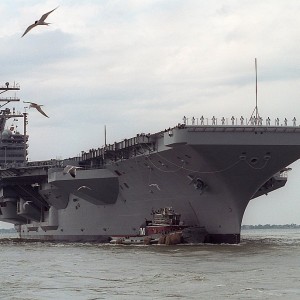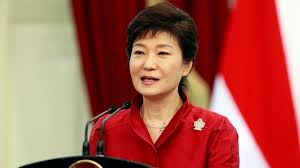11 February 2015
The Secretary of the Navy has reprimanded 3 rear admirals for corruption that cost at least $20 million to the government. Navy Secretary Ray Mabus issued secretarial letters of censure to Michael Miller, Terry Kraft and David Pimpo, said a Navy statement. The statement said that they improperly accepted gifts from prohibited sources violating ethical standards set for the navy. They will not face any criminal charges. The letters are considered to be career ending reprimands. The three are seeking retirement. The letters could affect their benefits.
The statement said the letters were issued “to ensure that individuals are held appropriately accountable when less-than-criminal allegations are substantiated.”
Kraft heads the US Naval operations in Japan. The three men were deployed on the USS Ronald Reagan in 2006-2007 when the offences were perpetrated. Miller commanded the Carrier Strike Group 7 at the time of impropriety. He is now a special assistant to the superintendent of the U.S. Naval Academy. Pimpo was a supply officer on USS Ronald Reagan. He is currently the commanding officer of the Naval Supply Systems Command Weapons Systems Support.
Leonard Glenn Francis, pleaded guilty in federal court in San Diego to bribing U.S. military officials and awaits sentencing. Francis is the CEO of Singapore-based Glenn Defense Marine Asia, which provides port services such as food, fuel and garbage disposal. Francis had access to confidential information that enabled him to over bill the navy for port charges.
Francis has acknowledged that he bribed US officials with more than $500,000 in cash. He also gave them luxury goods worth millions. According to the court documents the gifts included spa treatments, top-shelf alcohol, designer handbags, furniture, watches, ornamental swords and handmade ship models. In exchange, the Navy officers re-routed the ship to
Several other Naval officers have pleaded guilty to taking bribes from a Malaysian contractor who is alleged to have overbilled the Navy at least $20 million for port services in Asia.
US: Rare corruption of 3 rear admirals in the Navy















